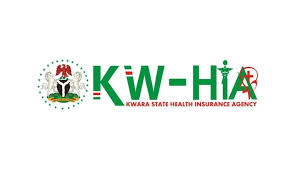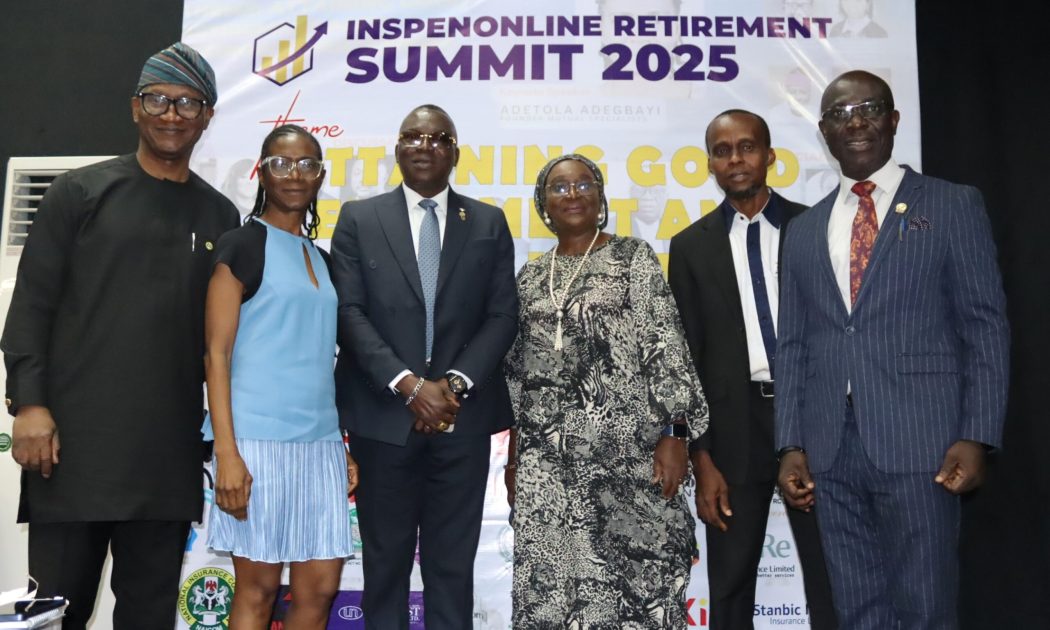328 total views today
By Abiemwense Moru, News Agency of Nigeria (NAN)
In Nigeria, the battle against obstetric fistula, a painful and debilitating condition caused by prolonged and obstructed labour, has seen promising strides.
The progress so far is attributable to both government initiatives and inputs from non-governmental organisations (NGOs).
One of the most significant government interventions is by the National Health Insurance Authority (NHIA), which has expanded its coverage to include care for Vesicovaginal Fistula (VVF) patients.
In the light of this, the NHIA Coordinator in Kwara, Hajiya Idayat Bello-Olaitan, said no fewer than 71 women in the state had benefited from the NHIA’s Free Fistula Programme (FFP), with 31 enrolled under the Basic Health Care Provision Fund (BHCPF).
VVF is an abnormal opening between the bladder and the vagina, causing continuous urinary incontinence; it is one of the most distressing complications of gynecologic and obstetric procedures.
The government aims to reduce maternal mortality and morbidity through programmes such as the NHIA-FFP and Comprehensive Emergency Obstetric Care (CEmOC).
According to Bello-Olaitan, women undergoing fistula treatment under these schemes receive free, comprehensive care, including surgery, feeding, transportation, and family planning counseling, thus eliminating the burden of out-of-pocket expenses.
Fistula survivors like Mrs Safiyanu Moses illustrate the success of these interventions; once ostracised due to the stigma of her condition, Moses now shares her journey of recovery and empowerment.
“I was ignored because of the smell, but today I am fine, like everyone else,” she said.
Empowerment initiatives such as NHIA’s FFP and community-based projects not only provide medical treatment but also offer vocational training, helping survivors rebuild their lives and reintegrate into society.
In Minna, the Raised Foundation has conducted more than 800 successful surgeries since 2017, restoring hope and dignity to affected women.
According to the Foundation’s Communications Officer, Ruth Mamman-Jiya, the goal is to ensure that no woman endures the suffering of obstetric fistula while trying to give birth.
In a similar effort, the United Nations Population Fund (UNFPA), in collaboration with the Government of Norway, has empowered 50 rehabilitated survivors in Gombe State through a programme that combines surgery, vocational training, and economic empowerment.
During a graduation ceremony for the 50 survivors, Dr Bajowa Lanre, UNFPA’s Sexual Reproductive Health Analyst, reiterated the agency’s commitment to ending obstetric fistula, describing it as a condition with severe stigma and life-altering consequences.
He said that women should never have to endure such experiences as UNFPA had provided life-transforming surgeries and support across Nigeria.
Lanre said with backing from the Norwegian Government, the programme was also helping women reintegrate into their communities with renewed dignity and economic potential.
The Gombe Commissioner for Women Affairs and Social Development, Ms. Asmau’u Iganus, highlighted that the support improved not only the social status of the survivors but also their economic well-being.
On his part, Dr Musa Issa, Founder of Fistula Foundation Nigeria, said that the treatment and empowerment of survivors turned them into role models within their communities.
Survivors like Moses now express hope and joy at their recovery and view themselves as ambassadors committed to helping other women seek treatment.
In Kaduna, Abuja, and Zamfara, the Bashir Foundation for Fistula and Women’s Health (BFFWH) is also working to provide both surgical repair and post-operative rehabilitation.
According to Ibukun Ogundare, Director of Media and Technology at BFFWH, the programmes focus on underserved communities and include post-surgery support such as psychological counselling and vocational training.
He said the efforts were part of a broader national movement to eliminate obstetric fistula and improve maternal health.
These combined efforts reflect a growing national and international commitment to ending obstetric fistula in Nigeria.
Through collaboration between government bodies, NGOs like the Raised Foundation and BFFWH, and international partners such as UNFPA, significant progress is being made.
For example, in southern Nigeria, Prof. Johnson Obuna, Medical Director of the National Obstetric Fistula Centre (NOFIC), pointed out that many VVF cases were caused by poor Caesarean sections, highlighting the need for quality maternal care and skilled birth attendants.
To address such challenges, the Nigerian Government had unveiled initiatives like the Maternal Mortality Reduction Innovation and Initiatives (MAMII) project, offering free caesarean sections and improving access to skilled delivery services.
Since its inception, more than 4,000 women have benefited, contributing to a measurable decline in maternal mortality and morbidity.
Government support plays a critical role in combating maternal mortality and morbidity through policies like the free caesarean section initiative, which has already benefited more than 4,000 women.
The ongoing MAMII project is a key component of this national effort, aiming to reduce maternal deaths by improving access to essential healthcare services.
Health Minister Prof. Muhammad Pate announced key achievements in Nigeria’s fight against maternal health issues, including the expansion of the Free Fistula Programme, now active in 15 healthcare facilities nationwide.
He said that the initiative provides free fistula repair, care, and transportation to affected women, significantly improving access to treatment for this debilitating childbirth-related condition.
As part of broader reforms under MAMII, the government also unveiled a National Training Manual for Obstetric Fistula Management, reinforcing its commitment to long-term fistula prevention and care.
Observers say the efforts mark a critical step in addressing obstetric fistula and promoting safer childbirth for vulnerable women across Nigeria.
Expanded health insurance coverage now includes maternal care, providing critical services to women in underserved areas and helping to prevent complications like VVF.
Empowerment and reintegration are essential for long-term recovery.
Programmes that include vocational training and start-up support restore not just health but also dignity and independence.
Testimonies from survivors like Mrs Gladys Nwachi, who lived with VVF for 18 years, highlight the life-changing impact of these efforts.
Her story and others like hers underscore the importance of continued investment in prevention, treatment, and survivor support.
Ultimately, experts say tackling obstetric fistula in Nigeria requires a comprehensive approach, combining free surgical interventions, preventive maternal care, and post-operative empowerment.
It is experts’ view that the goal of eliminating obstetric fistula and improving maternal health outcomes across the country is within reach due to sustained commitment from both local and international stakeholders.(NANFeatures)
***If used, please credit the writer and the News Agency of Nigeria.














